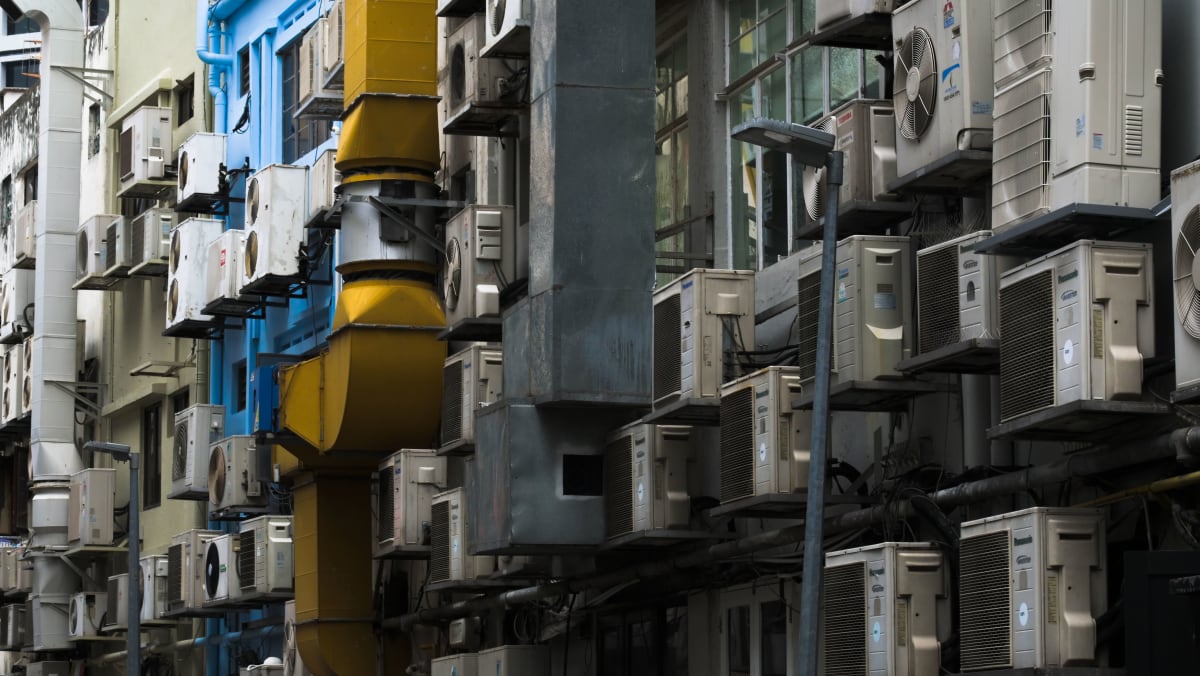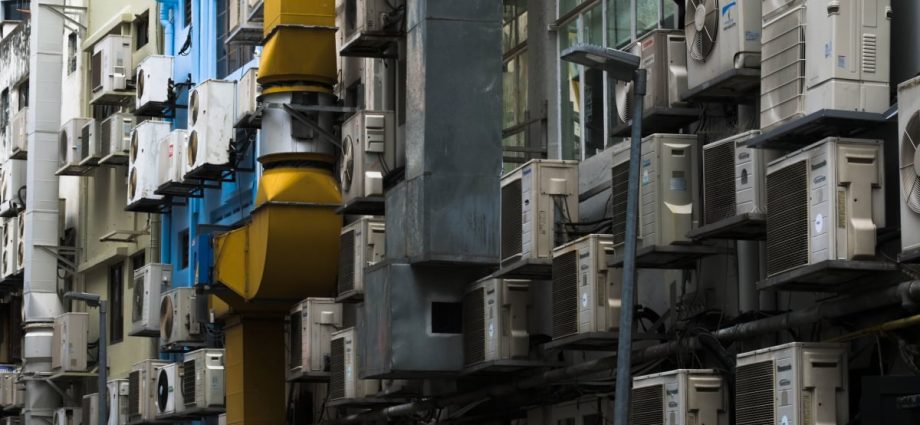
The EEG is targeted at small- to medium-size enterprises, which account for around 70 per cent of employment and 99 per cent of the total number of firms.
INVESTING IN HOUSEHOLD ENERGY EFFICIENCY
Promoting continued energy efficiency improvements by extending the EEG is welcome. Yet the average person on the street continues to feel the squeeze of high energy prices. Is there a missed opportunity to empower households with new and targeted household energy efficiency improvement schemes?
Investing in household energy efficiency is important in two ways. First, it enables households to use less electricity for the same activity.
According to the National Environment Agency (NEA), energy-intensive activities, namely air-conditioning, refrigerating or freezing food, and water-heating account for about 50 per cent of household energy consumption. Optimising power usage for these activities will result in in cost savings, freeing up more money for other things.
A second and crucial benefit of improved energy efficiency is that it reduces our individual carbon footprint. Slowing climate change is something we should all aim for.
Achieving energy efficiency improvements may also require lifestyle changes. For example, many of us might reach for the air-conditioner remote to cope with mid-day heat, but often a standing fan will suffice to stay comfortably cool. Estimates by the NEA suggest that just this one change can save a household around S$440 a year.

